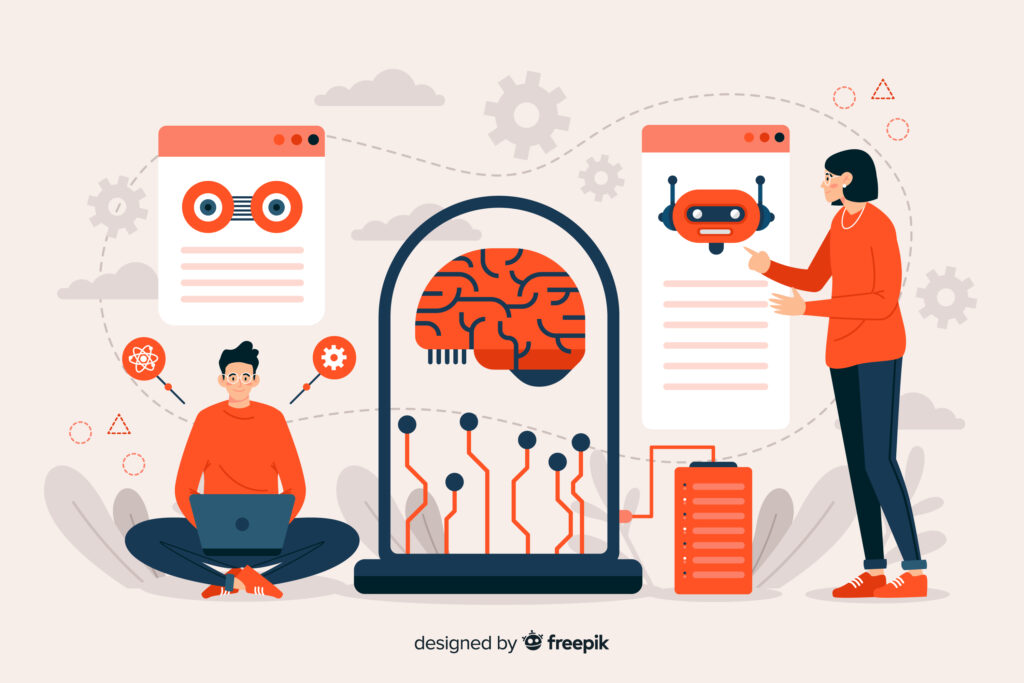“Decisions are the frequent fabric of our daily design.” — Don Yaeger
We live in a world where the quality of choices defines our paths, but decision-making has never been more effective. From managing organizational relationships and business operations, understanding and correctly choosing the right adaption strategies remains an essential skill. But what if it’s possible to improve this skill using tools that are fun, effective, and based on modern science?
Let us explore neuro-cognitive games – a unique approach that involves applying the results of activities in neuroscience and psychology in developing games to enhance cognitive functions and develop the capacities to make coherent decisions.
What Are Neuro-Cognitive Games?
Neuro-cognitive games involve the central nervous system, which plays a crucial role in solving the game’s inputs. The technique used to develop these games involves a significant incorporation of analysis from neuroscience and psychology. They enhance areas like memory, concentration, techniques of coming up with solutions to problems, and decision-making.

The brain is just like a muscle – it thrives on exercise! As a neurologist, I’m thrilled by the incredible potential of brain games to help people flex their mental muscles, activating underused brain circuits to sharpen cognition and skills like focus, speed, and memory.
— SHAHEEN LAKHAN, MD, PhD, FAAN
As mentioned before, scientists design neuro-cognitive games to enhance cognition. Unlike conventional games, neuroplasticity implies that the brain is not fixed and confined in its structure. It can be reshaped based on new experiences. Training through games proves effective, and cognition exercises cause major changes in cognition. Explore this blog to learn about enhancing Neuroplasticity at Work, here.
Benefits of Neuro-Cognitive Games!
- Enhanced Memory and Learning
Neuro-cognitive games can be played periodically as they have a powerful impact on the enhancement of the learning ability of the brain as well as memory capability which are very critical for success at school and work.
- Improved Attention and Focus
These games come in handy for improving attentiveness and the capability to focus on specific tasks. This is especially resourceful in environments that demand steady concentration.
The Journal for Cognitive Neuroscience reported that people who engaged in attention-based games achieved certain levels of change in their attention spans, and became less distractible.
- Better Problem-Solving Skills
Neuro-cognitive games engage critical thinking and problem-solving skills in players by presenting them with various scenarios and solving styles. For instance, strategy games require players to develop and employ effective strategies, fostering creativity and strategic thinking. These games challenge individuals to enhance their overall strategic abilities through interactive problem-solving experiences.
- Stress, Outlook, and Cognitive Flexibility
It also has the added benefit of helping reduce stress levels while improving cognitive prowess, which prepares one to handle challenging and stressful experiences in life.
Research has noted that one way in which cognitive games can be useful is in offering a break from stress and a sense of accomplishment.
Examples and Experiences
- Memory games require players to remember sequences or patterns, while attention games involve focusing on relevant stimuli and ignoring distractions. A particular game called ‘Lumosity’ has many different exercises, but is often described as helpful in enhancing memory, speed, problem-solving, and flexibility.
- Many neuro-cognitive computer games are progressive in the sense that the games become stiffer each time a player masters a level. This helps in promoting and maintaining the brain’s functioning capacity as well as expanding on it regularly.CogniFit provides the most famous brain training activities for improving brain performance and also has the feature of difficulty level according to the user’s performance.
- These games aim to be entertaining and serve as effective practice, encouraging participants to play them. In “Brain Age” on Nintendo DS, there are fun mind games and exercises that players can easily get addicted to but are actually healthy for the brain.
- Neuro-cognitive games come with features such as real-time encouragement thus challenging users enough as they seek to gain easier levels. “Peak” records productivity concerning different mental tasks users embark on and gives details of performance.
Practical Applications–
Education, corporate hiring, healthcare, and personal development sectors actively use innovative neuro-cognitive games to enhance essential skills. These include critical thinking, problem-solving, and cognitive recovery. They provide dynamic evaluations and enjoyable practice, leading to significant improvements in cognitive performance across various sectors.
- Pre-Employment Assessments
Companies use neuro-cognitive games to assess candidates’ cognitive and interpersonal skills during hiring. This approach provides a dynamic and comprehensive view of a candidate’s potential, beyond traditional assessments.
- Education and Learning
Educational institutions are integrating cognitive games into their curricula to enhance students’ learning experiences. These games help develop critical thinking, problem-solving, and decision-making skills.
- Healthcare and Rehabilitation
In the healthcare sector, neuro-cognitive games are used for rehabilitation, helping patients recover cognitive functions lost due to injury or illness.
- Personal Development
Individuals seeking to improve their personal decision-making skills can benefit from these games. They provide a fun and engaging way to enhance cognitive functions that are essential for making better decisions in everyday life.
Neuro-Cognitive Games in Pre-Employment Assessments
In modern hiring, traditional assessment methods often fall short of capturing the full spectrum of a candidate’s potential. Neuro-cognitive games offer a revolutionary approach to pre-employment assessments by providing a dynamic and multifaceted evaluation of candidates’ cognitive and interpersonal skills. By engaging candidates in these immersive environments, employers can gain deeper insights into their abilities beyond what conventional resumes and interviews can reveal.
PerspectAI stands out in leveraging neuro-cognitive games for pre-employment assessments, setting a new standard for how organizations evaluate talent. The platform integrates scientifically validated games that adapt to the candidate’s performance, ensuring a thorough and personalized assessment. PerspectAI’s approach goes beyond static metrics, providing real-time analytics and detailed reports on each candidate’s cognitive strengths and areas for improvement. This enables employers to make more informed decisions, selecting individuals who are not only technically skilled but also possess the cognitive and interpersonal prowess necessary for their roles.